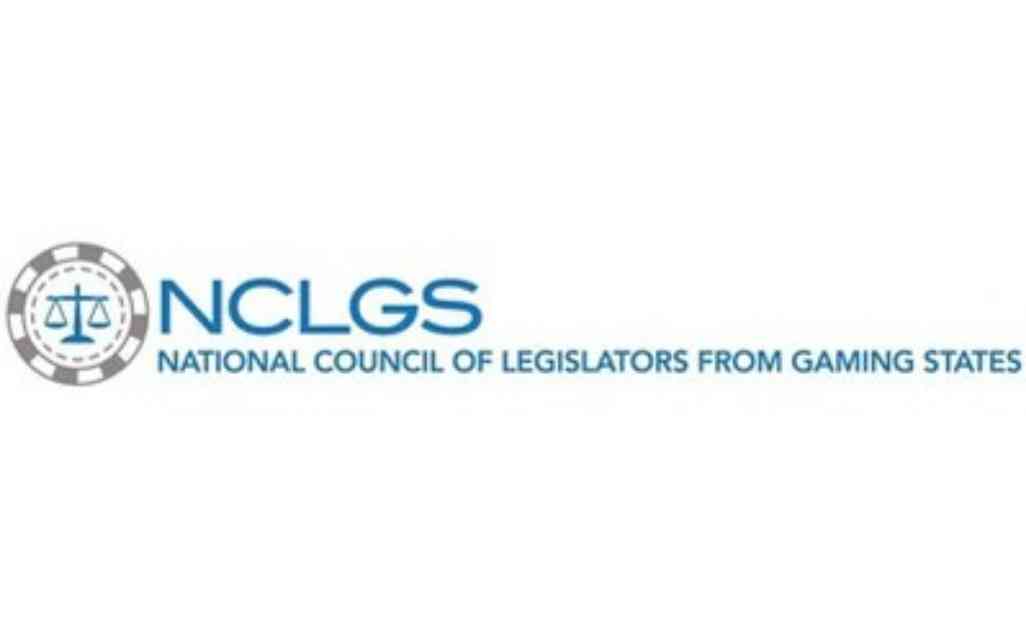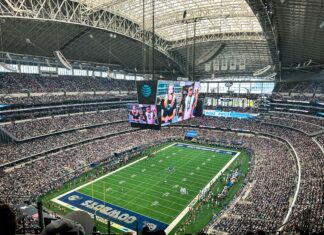Lawmakers from all over the United States came together at the National Council of Legislators from Gaming States’ Summer Meeting at Rivers Casino Pittsburgh to discuss various key topics related to the gaming industry.
One of the main issues discussed during the conference was the regulation of unregulated skill games. The panelists acknowledged that there are already hundreds of thousands of skill games in operation and that shutting them down completely may not be a feasible solution. However, there was a consensus that these games need to be regulated and taxed to ensure a level playing field for all operators.
Another important topic of discussion was the legalization of internet gaming. Former Florida state Senator Steve Geller led a session on creating model legislation for iGaming that could be used as a framework by different states. The goal is to have a universal bill that covers key areas such as revenue generation, responsible gaming, and licensing, among others.
The conference also shed light on the collaboration between the National Collegiate Athletic Association (NCAA) and NCLGS to ensure the safety of collegiate athletes in the era of sports betting. The Special Committee on Education is working on draft legislation to address integrity issues, illegal betting markets, and harassment of student athletes by disgruntled bettors.
Professional sports bettors Billy Walters and Gadoon “Spanky” Kyrollos expressed concerns about the sustainability of the current sports wagering model. They emphasized the need for fair treatment of all bettors, transparency in odds, and equal opportunities for all players. Walters highlighted the importance of adjusting betting lines in response to unexpected events to ensure a level playing field for everyone.
Overall, the NCLGS Summer Meeting was a platform for lawmakers, industry experts, and stakeholders to come together and discuss critical issues facing the gaming industry. The insights and discussions from the conference will likely influence future legislative decisions and shape the direction of the gaming landscape in the United States.















